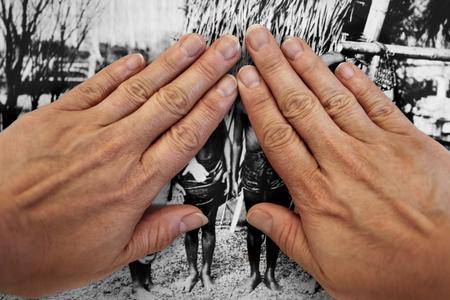If you would like to influence the direction of Seattle’s arts but can’t afford to buy a video installation for your home or gallery, there is a new option: attend Sprout. Founded collaboratively by Sarah Steininger and Kristen Hoskins in 2010 as a Master of Fine Arts project at Seattle University, Sprout hosts an occasional dinner event to raise money for arts projects.
The local Sprout is part of a nationwide group of community-run arts and social justice funding interventions called Sunday Soup that allow a direct influence between art enthusiasts and art creators. The founders modeled Sprout on FEAST, an art and dining collaboration in Brooklyn. Sprout is now a not-for-profit organized by Shunpike, which supports small Puget Sound area arts agencies. In the past year, Sprout has funded five diverse projects in Seattle. The event offers artists direct access to funding and also to their audience, often otherwise invisible or inaccessible in a traditional gallery setting. Open to the public, the next Sprout takes place Saturday, Nov. 5 when current winners will return to follow up on the progress of their ventures.
So how does it work? On Aug. 12, more than 300 arts enthusiasts gathered for a family-style dinner at All Pilgrims Christian Church in Capitol Hill. These guests contributed $25 each for the right to vote on which of five up-and-coming Seattle artists should win that evening’s $1,000 first prize. Each artist gave a 10-minute presentation on a proposed project. These ventures ranged from a Pioneer Square-based dance and film collaboration now in progress called Memory (loss) Bank, to a newly established organic farming project in Kent, and a dance-theater representation of the Seattle WTO event. Presenters showed models, videos, and PowerPoint slides to persuade the audience members, who were dining on local chef Megan Gibbard’s rice, beans, and fancy tacos and beer donated by Fremont Brewing Company. ((Gibbard is the executive director of Teen Feed, a support program for homeless youth.) An army of volunteers staffed the kitchen and waited tables.
Sprout is entirely volunteer-run and community-funded. While recent web and social-media developments have allowed artists access to a wide-ranging, nearly global audience, another movement has focused on very local audiences. A number of small groups and salons have emerged this turn across the country, including New York.
During Sprout's August event, two artists, Rodrigo Valenzuela and Launa Steinsdoerfer, tied for the final award. Valenzuela, an emigrant from Chile and MFA student at the University of Washington, designed “Diamond Box,” a video installation project on the back of a truck that will travel to various open-spaces. With Sprout’s funds, he will be able to pay the migrant workers whom he interviews about their lives and pasts. He intends to pay them the same hourly rate they would receive for work. Valenzuela himself worked as a day-laborer for some time before establishing himself as an artist. He now creates fictional and narrative videos, such as a documentary on the MadArt's MadHomes project in Seattle.
Steinsdoerfer and Kevin Neill envisioned a cookbook and cooking space for the homeless population that they serve with the Aurora Commons project in the North Aurora area. Steinsdoerfer spoke eloquently about how food preparation is an art that involves the entire body and all the senses. All of us, homeless or otherwise, enjoy and deserve access to tasty as well as sustaining food. In response to a past question, “What would a homeless person do with crème brulee?” she explained that this person would probably do exactly what others would do — enjoy it!
Each Sprout-funded project should involve a “local and sustainable” community element as well as an artistic vision. Past winners include A. K. Mimi Allin, a poet who lived in Tent City in Seattle for a month, and Klara Glosova who used her grant to establish the upcoming “NEPO Don’t Run 5K” art-walk between galleries and installations between Capitol Hill and Pioneer Square on Sept. 10.


